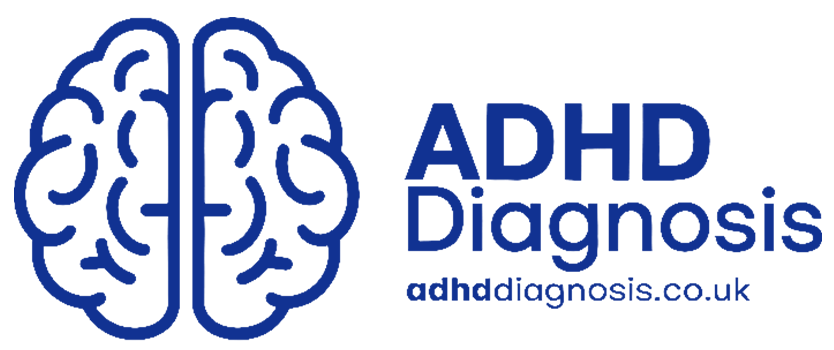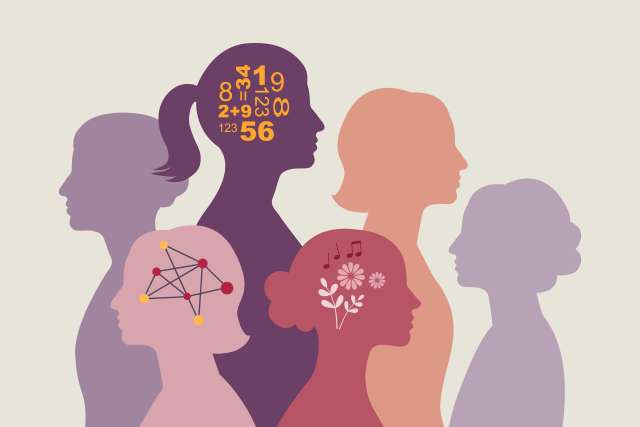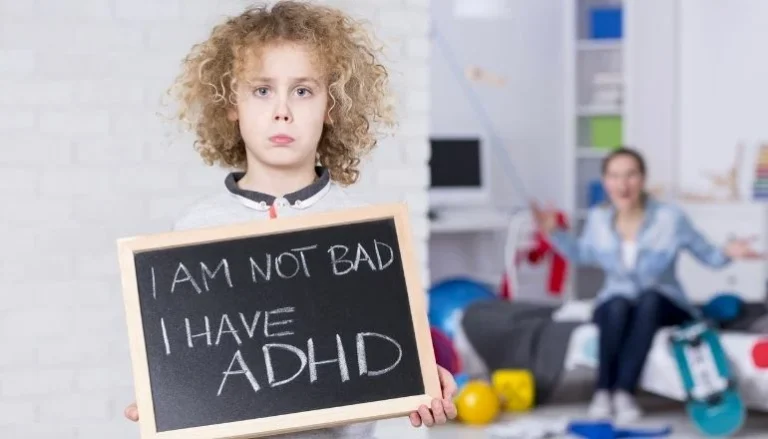Understanding ADHD and Its Impact on Relationships
Attention Deficit Hyperactivity Disorder (ADHD) is a neurodevelopmental condition that affects focus, impulse control, and emotional regulation. While ADHD is often discussed in the context of work or academics, its effects on personal relationships can be profound. For those with ADHD, maintaining healthy relationships may present unique challenges, but with understanding and tailored strategies, fulfilling and supportive connections are entirely achievable.
How ADHD Affects Relationships
1. Communication Difficulties
People with ADHD may struggle to follow conversations, remember details, or respond appropriately. This can lead to misunderstandings and feelings of frustration for both partners.
Example: Forgetting important dates or zoning out during a conversation can make a partner feel unheard or unimportant.
2. Emotional Dysregulation
ADHD can heighten emotional responses, leading to mood swings or difficulty calming down after conflict. This heightened sensitivity can strain relationships.
Example: A minor disagreement might escalate into a heated argument due to difficulty regulating emotions.
3. Impulsivity and Risk-Taking
Impulsiveness can lead to hasty decisions or actions without considering the consequences, which may cause friction and stress.
Example: Impulsively spending money or making sudden plans without consulting a partner can create trust issues.
4. Difficulty with Organisation and Follow-Through
Challenges with time management and organisation can lead to frustration when plans are forgotten or household responsibilities are neglected.
Example: A partner with ADHD may intend to help with chores but become distracted and forget to follow through.
Strategies for Building Stronger Relationships with ADHD
 Open and Honest Communication
Open and Honest Communication
- Set aside time for regular check-ins to discuss feelings and expectations.
- Use “I” statements to express how you feel without blaming your partner.
- Encourage active listening by summarising what the other person said before responding.
 Create Structure and Routines
Create Structure and Routines
- Use calendars, reminders, and to-do lists to stay on track with shared responsibilities.
- Establish consistent routines to reduce unpredictability and stress.
 Practise Emotional Regulation Techniques
Practise Emotional Regulation Techniques
- Learn to recognise emotional triggers and take a break before reacting.
- Use mindfulness and deep-breathing exercises to calm down during conflicts.
 Set Clear Boundaries
Set Clear Boundaries
- Discuss personal space, alone time, and individual needs openly.
- Agree on how to handle impulsivity and decision-making as a couple.
 Seek Professional Support
Seek Professional Support
- Couples therapy or ADHD coaching can help both partners develop effective coping strategies.
- Medication and cognitive behavioural therapy (CBT) can help manage ADHD symptoms.
How Partners Can Offer Support
- Educate yourself about ADHD to better understand your partner’s experience.
- Be patient and compassionate — ADHD-related behaviours are not intentional.
- Celebrate small wins and progress rather than focusing on setbacks.
Success Stories: Thriving Despite ADHD
Many couples successfully navigate the complexities of ADHD in their relationships. By fostering open communication, setting realistic expectations, and using tools to stay organised, partners can turn ADHD challenges into opportunities for deeper connection and understanding.
Final Thoughts
ADHD can present unique challenges in relationships, but with mutual understanding, effective strategies, and professional support, couples can build stronger, more resilient bonds. Recognising the impact of ADHD and addressing it proactively is key to fostering a healthy, balanced relationship.








